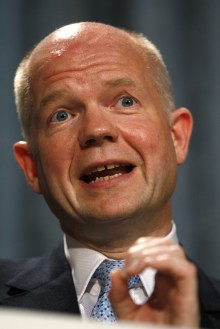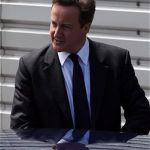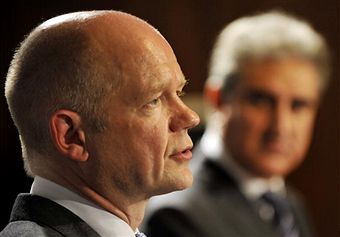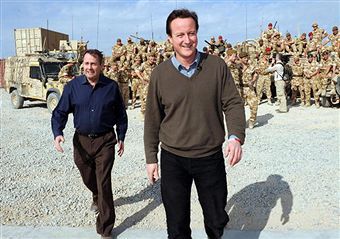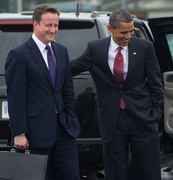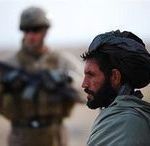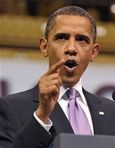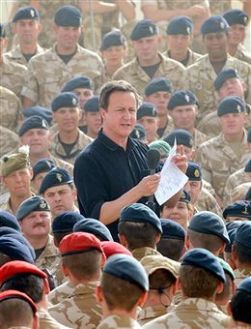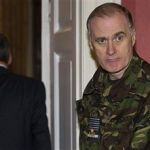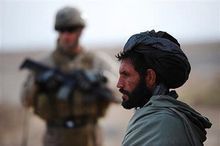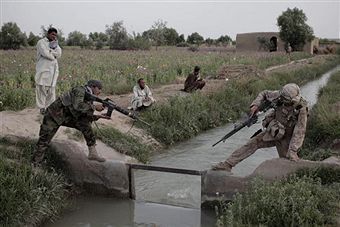Hague caught in the middle
When General Petraeus called for a “united effort” on Afghanistan earlier, he might as well have been addressing our government. Between David Cameron’s and Liam Fox’s recent statements, there’s a clear sense that the coalition is pulling in two separate directions. And it’s left William Hague explaining our Afghan strategy thus, to the Times today: “‘The position on combat troops is as the Prime Minister set out last weekend. By the time of the next election, he hopes we won’t still be fighting on the ground. We are working towards the Afghan national security forces being able to stand on their own two feet by 2014,’ but there is ‘no
